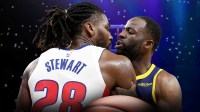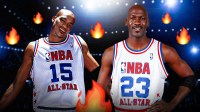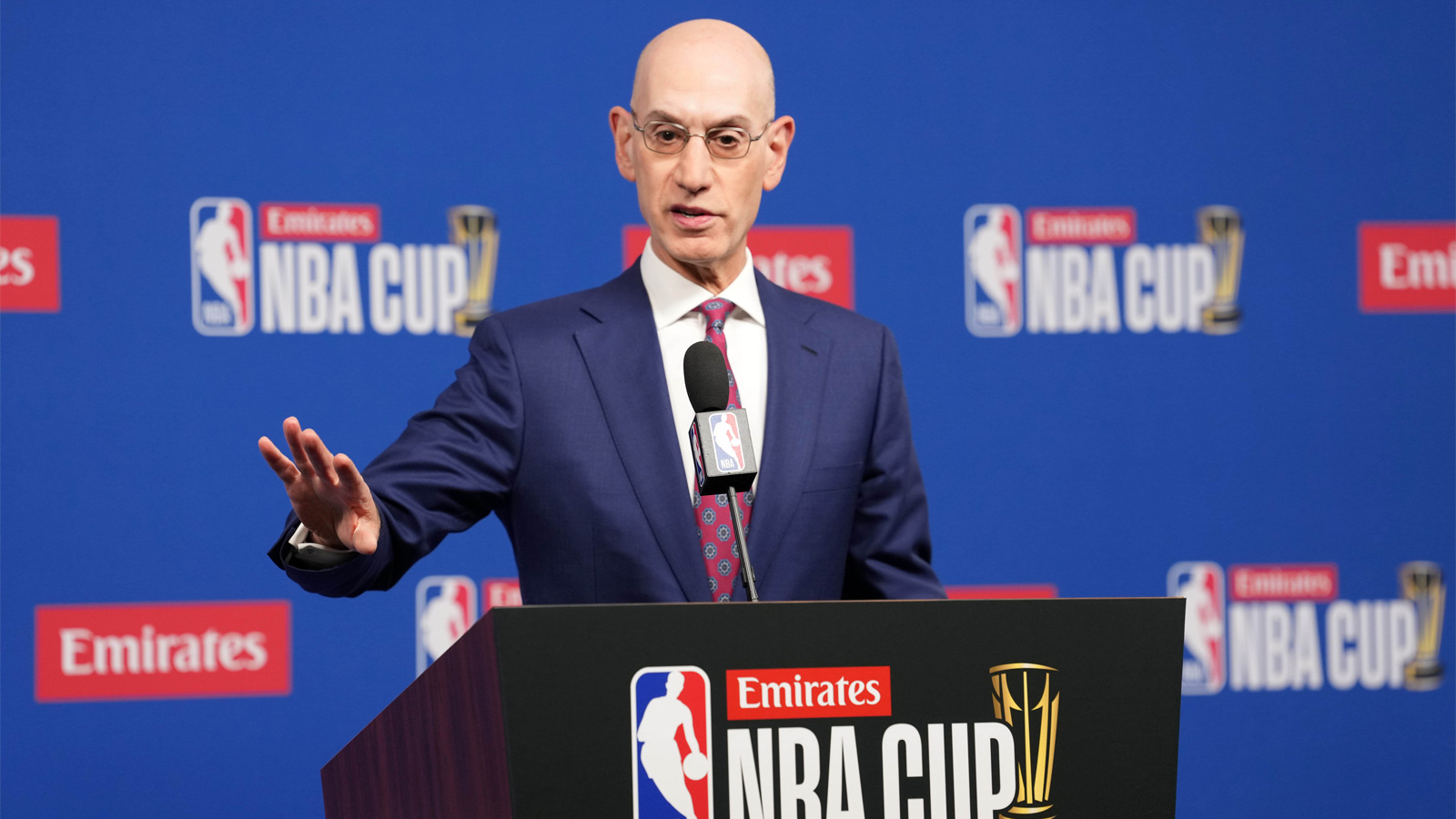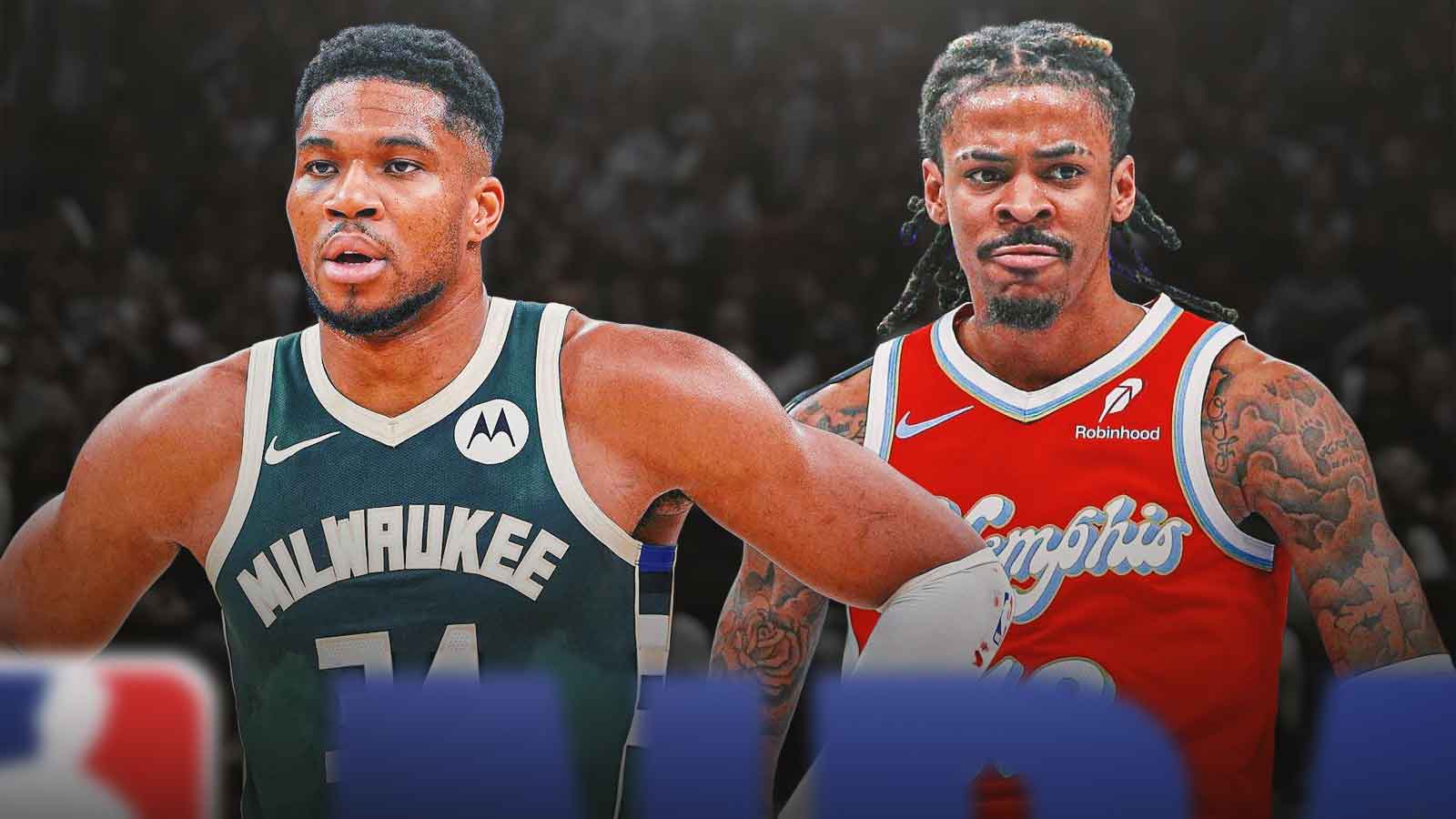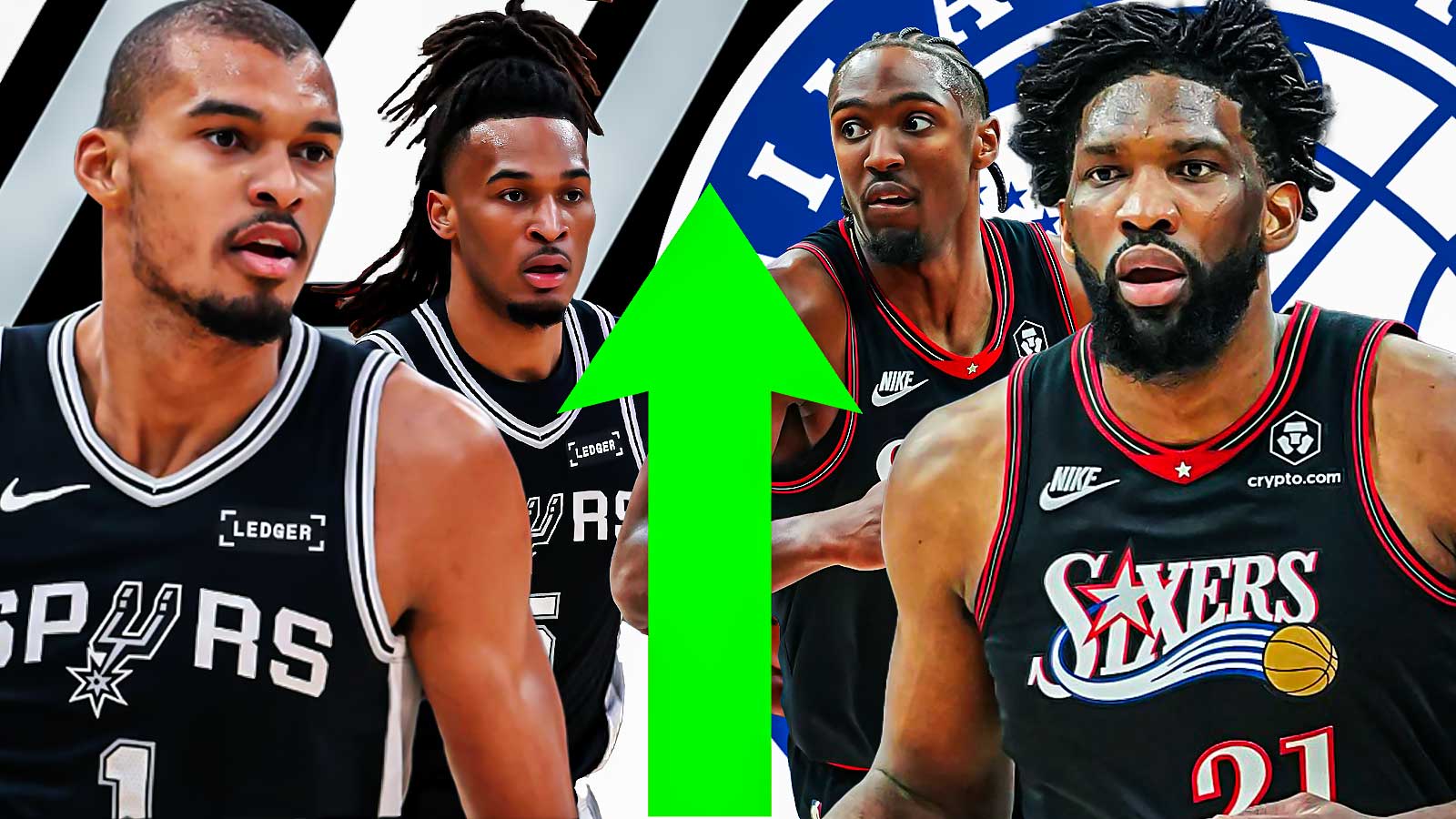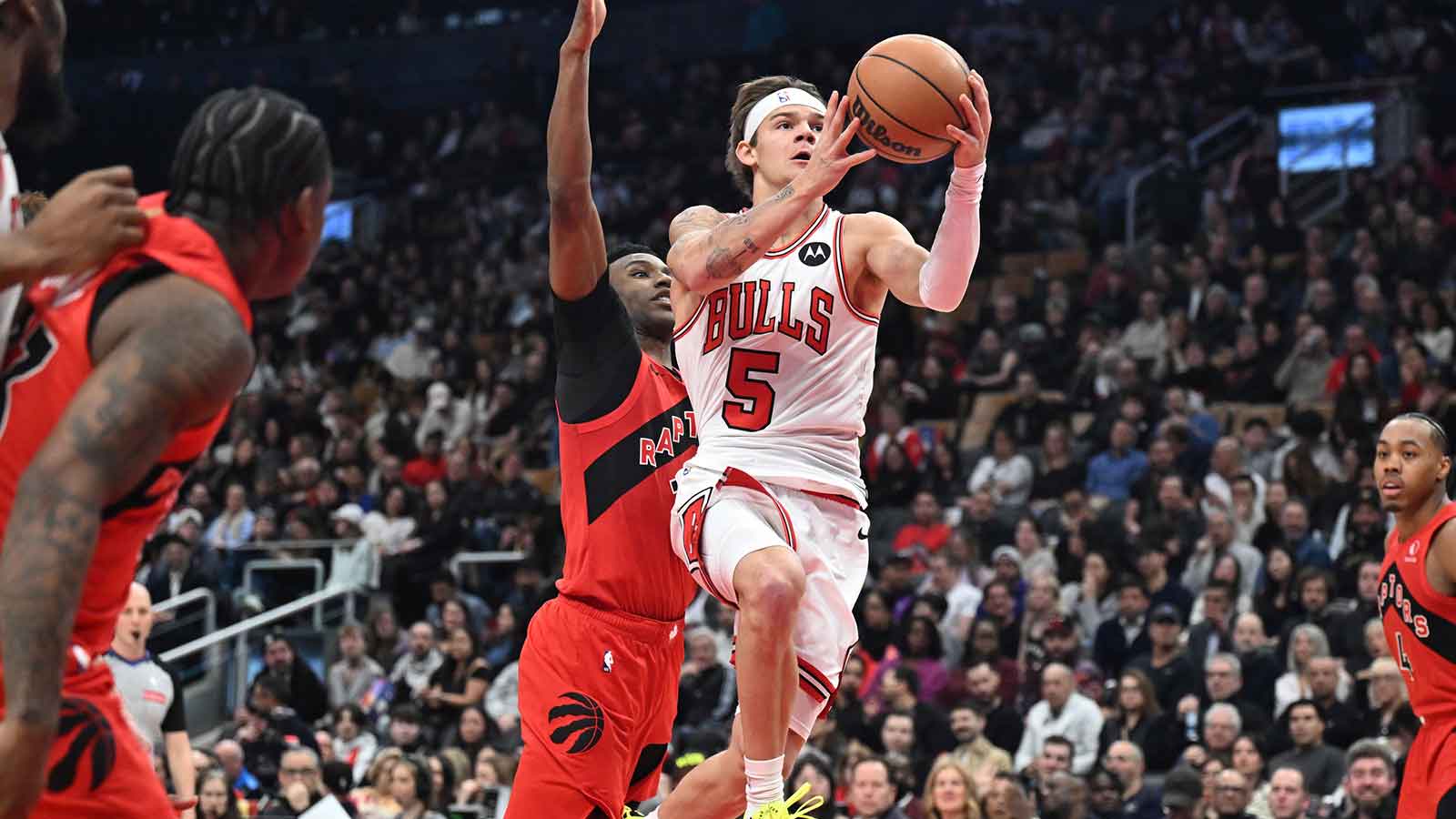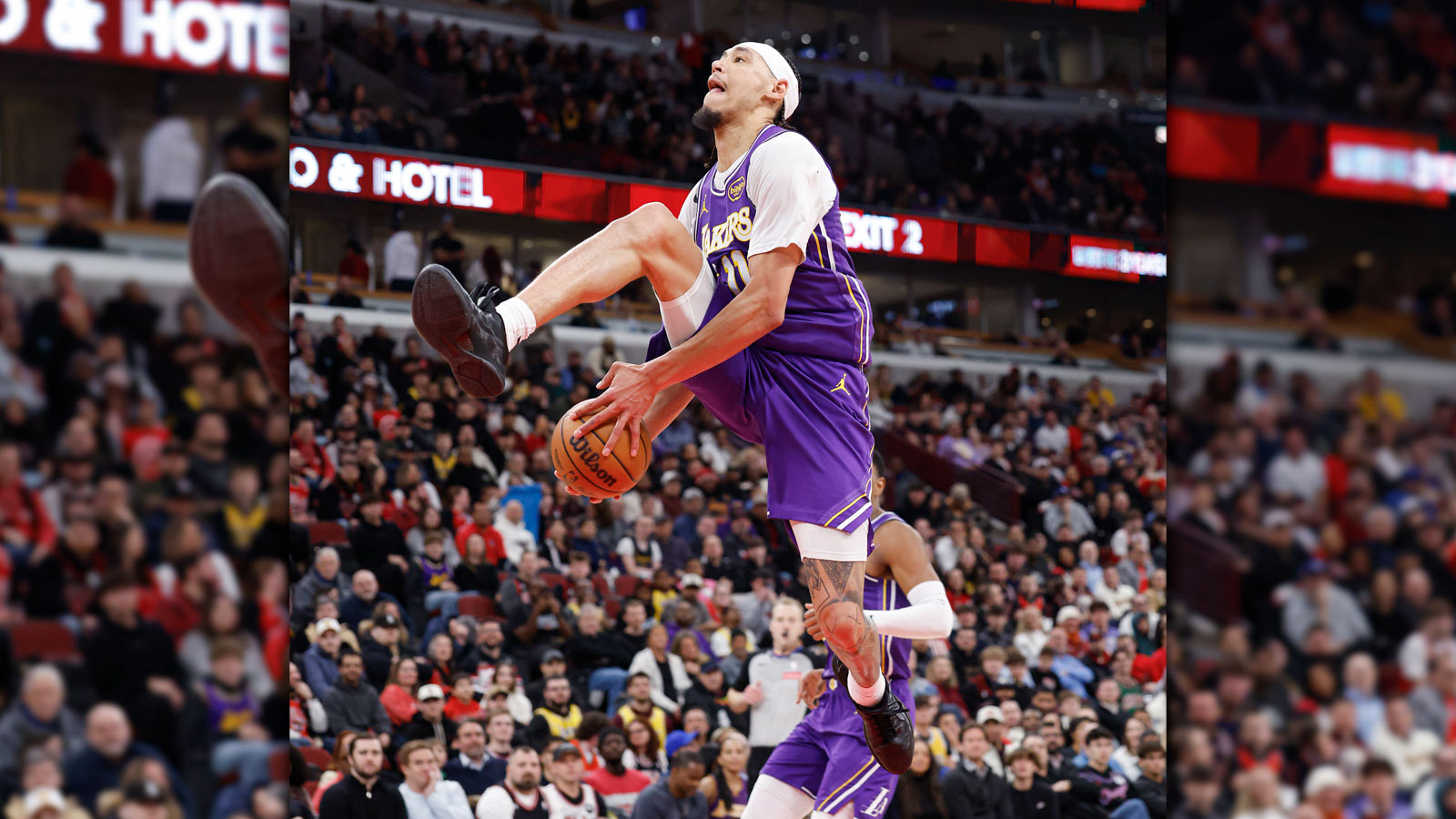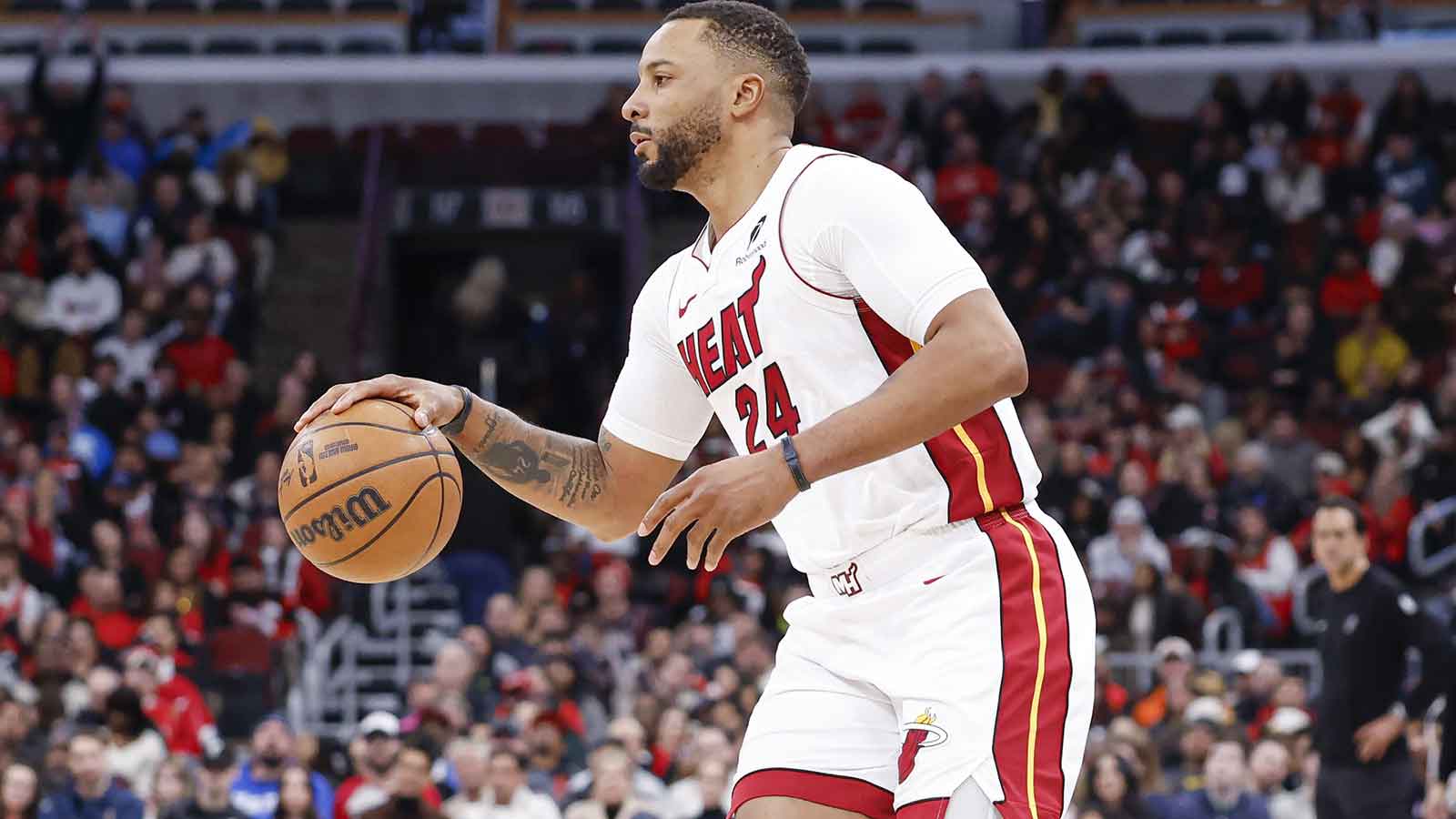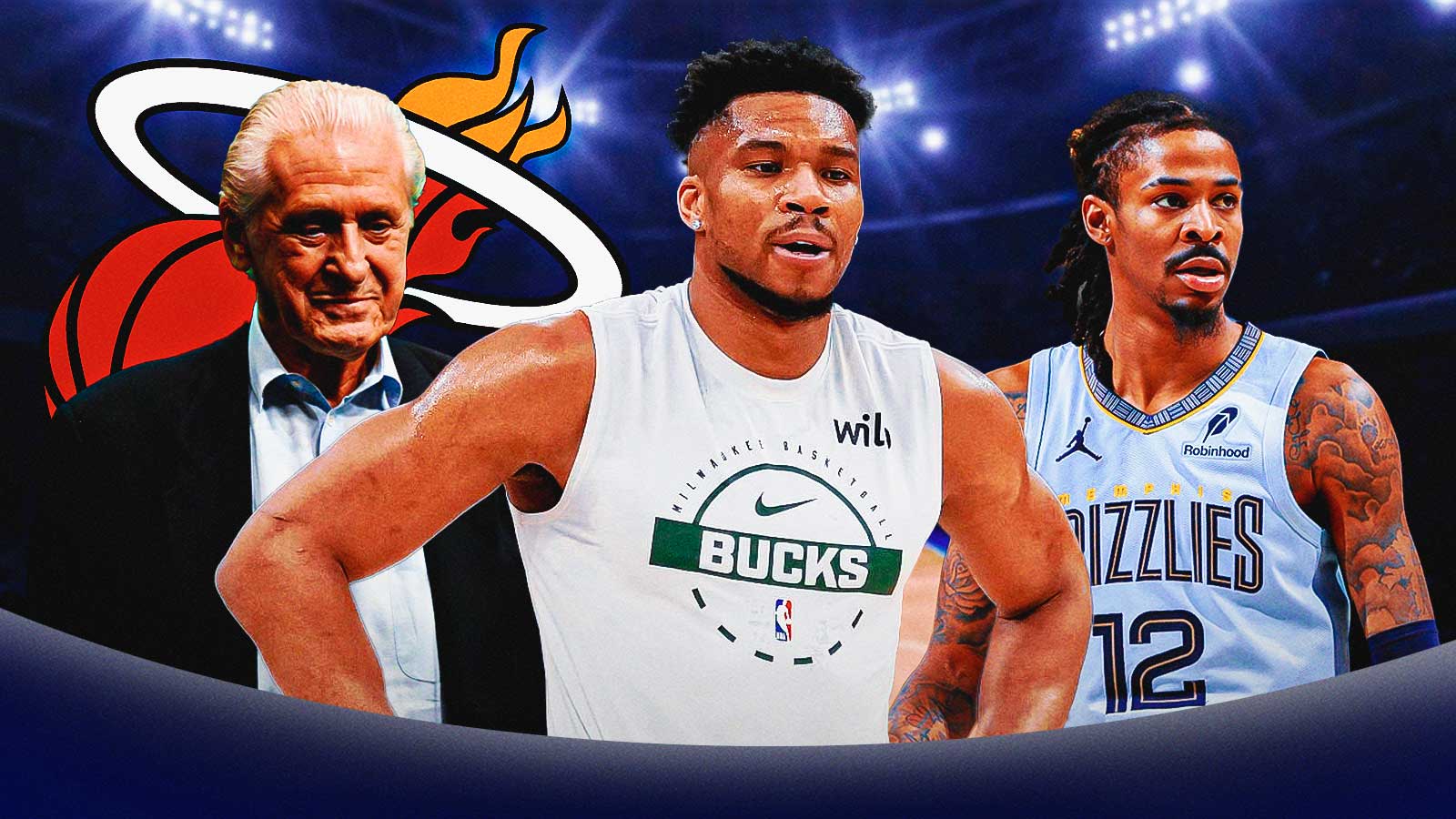Stat junkies live for the weird, the wacky, and the bizarre stats that each professional sport provides. From the NFL to the NBA, the MLB to the NHL, and all others, each sport can say that their historical background is built, in some way, shape or form, upon the zany statistical anomalies that surface when least expected.
In the NBA, things such as all-time scoring records, both per game and across a career, as well as rebounding, assist, and shooting percentage marks are all the main things that come to mind when wild stats come to mind. But other elements, like coaching and other irregular statistics, are better suited to conjure up an interesting reaction and not be common knowledge for most people, even those that are the hardcore fans.
1993 – 1994 Scoring Title – 36 equals 71?
Going into the final game of the 1994 NBA regular season, there were two marquee players fighting for the right to be crowned that year’s scoring champion – Shaquille O’Neal and David Robinson. While Shaq looked to have wrapped up the title before Robinson played his final contest of that regular season, the Admiral seemed to have other thoughts.
Even as Robinson vyed for this award, he was doing his best to find a way out of the shadow of another league legend, Hakeem Olajuwon, who had managed to steal the spotlight and a ring or two away from Robinson in his career. And even though the scoring title was being fought over with the Big Diesel, Olajuwon still was a thorn in Robinson’s side.
Regardless, Robinson came into the season finale against the Los Angeles Clippers being 35 points behind O’Neal for the scoring crown.
In ‘94, Robinson averaged 28.9 points per game that year coming into the last game, so all he needed was to score seven more points than his season average and the scoring title would be his… and he accomplished that.
By putting up 71 points instead.
Running the offense through him on practically every play, fouling the Clippers the vast majority they were on defense to speed up the game – all were tactics that the Spurs employed that day to get Robinson his scoring title. And with the 71-point outburst, he became the first NBA player to put up 70+ in one game since David Thompson put up 73 in a similar fashion to close out the 1977-78 season and jump George Gervin for that year’s scoring title.
Shaq still had a chance, as he faced the Nets, needing 68 points to take back his stance at the top. Falling quite a bit short (only scoring 32 points), Robinson reigned supreme that year and took home the scoring crown, finishing with a 29.787 to Shaq’s 29.346 PPG average.
Keep your bags packed at all times
Some NBA players were unfortunately given the tag of constantly needing to be sized for new jerseys, because they kept switching teams. Specifically for four NBA players, they made their way through 12 teams in the league, which is an impressive and unimpressive feat all in itself.
This 12-team mark is an NBA record, one that is not likely to be broken all that soon.
Tony Massenburg, Joe Smith, Chucky Brown, and Jim Jackson all take the cake in this category, as all four of these players have suited up for 12 different NBA franchises across their respective playing careers. While not known as a relatively desired category to fill, these four were essentially thrown into it, through free agency and trades.
Of the four players, Smith and Jackson came into the league with the highest potential, both being top-4 first-round selections.
Smith was the first overall selection in the ‘95 draft by the Golden State Warriors and played in 1,030 games from ‘95 to 2011, Jackson was the fourth pick by the Dallas Mavericks in the ‘92 draft and played in 885 games from ‘92 to ‘06, Brown was taken as the 43rd selection in the ‘89 draft and played in 694 games from ‘89 to ‘02, and Massenburg was also drafted 43rd, but in the ‘90 draft, and played in 683 games from ‘90 to ‘92, played overseas from ‘92 to ‘94, and returned to the NBA until 2005.
Being the best coach in the league apparently is not that hard
In both 1978 and 2000, the winners of the Coach of the Year awards in the NBA finished with .500 records – usually being mediocre does not equal being the cream of the crop.
Hubie Brown took the honors in ‘78, as he led the Atlanta Hawks that year to a first-round postseason exit at the hands of the eventual champions, the Washington Bullets. For the Hawks, their ‘78 season could be viewed as a success, mainly due to their poor roster construction.
The team was led by John Drew, Steve Hawes, Charlie Criss, Ron Behagen, and Eddie Johnson, in that order, for scoring. These were the five lone players that averaged double-digit point totals that year, showcasing that Brown was working more with an empty cupboard than a full fridge.
Their fourth-place finish in the Central Division at a dead-heat 41-41 record was good enough to earn the eighth seed in the playoffs that year, where they were swept in two games by the Wes Unseld-led Bullets. In two games that were actually decently close, the Bullets won 103-94 (Unseld put up 13 points / 15 rebounds / 7 assists) and 107-103 (Kevin Grevey led the way for Washington with 41 points on 15/24 shooting).
On the other hand, Doc Rivers was the recipient in 2000 after leading a disastrous Orlando Magic team to a 41-41 record as well, but this team finished ninth in the Eastern Conference and did not earn a postseason bid for their mediocrity.
Instead, Rivers was forced to trot out the likes of rookie Corey Magette, long-time journeyman Anthony Parker, and a cast of role players and misfits like Chris Gatling, Michael Doleac, Monty Williams, Ben Wallace, and Earl Boykins.
For Orlando, this marked only their 11th season as an established NBA franchise, and they went on to record three consecutive above-.500 seasons that resulted in playoff berths. They also were able to acquire Tracy McGrady, and he started his run of seven consecutive All-Star berths, so the Magic were on the right track to righting the ship and becoming a solid franchise, although that had trouble happening later on.





